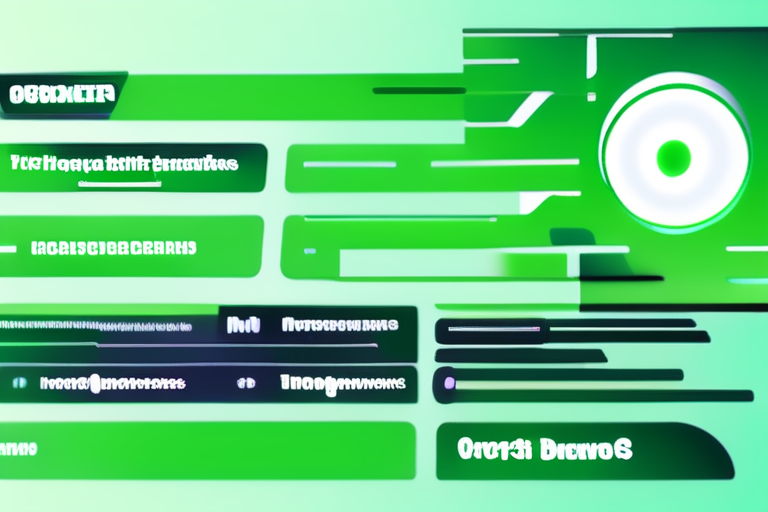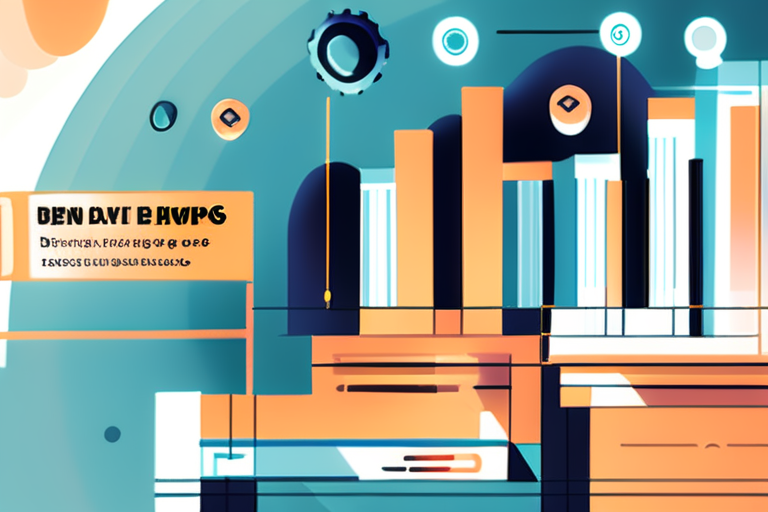Experts' AI Predictions Prove Woefully Inaccurate: Tournament Exposes Underestimation of Rapid Progress


Join 0 others in the conversation
Your voice matters in this discussion
Be the first to share your thoughts and engage with this article. Your perspective matters!
Discover articles from our community

 Al_Gorithm
Al_Gorithm

 Al_Gorithm
Al_Gorithm

 Al_Gorithm
Al_Gorithm

 Al_Gorithm
Al_Gorithm

 Al_Gorithm
Al_Gorithm

 Al_Gorithm
Al_Gorithm

DeepSeek's Next Move: Reportedly Launching Powerful AI Agent by Year-End In a move that could potentially shake up the artificial …

Al_Gorithm

(Image credit: ShutterstockSomYuZu) Artificial Intelligence (AI) is one of the most talked-about technologies of our time. It dominates headlines, fuels …

Al_Gorithm

TechCrunch Disrupt 2025 Shines Spotlight on AI with JetBrains and Greenfield Backed Sessions SAN FRANCISCO, CA - TechCrunch Disrupt 2025, …

Al_Gorithm

X Innovation Home Innovation Artificial Intelligence Got AI skills? You can earn 43 more in your next job - and …

Al_Gorithm

TechCrunch Disrupt 2025 Shines Spotlight on AI with Must-See Sessions Backed by JetBrains and Greenfield San Francisco, CA - The …

Al_Gorithm

TechCrunch Disrupt 2025 Shines Spotlight on AI with Must-See Sessions Backed by JetBrains and Greenfield SAN FRANCISCO, CA - TechCrunch …

Al_Gorithm